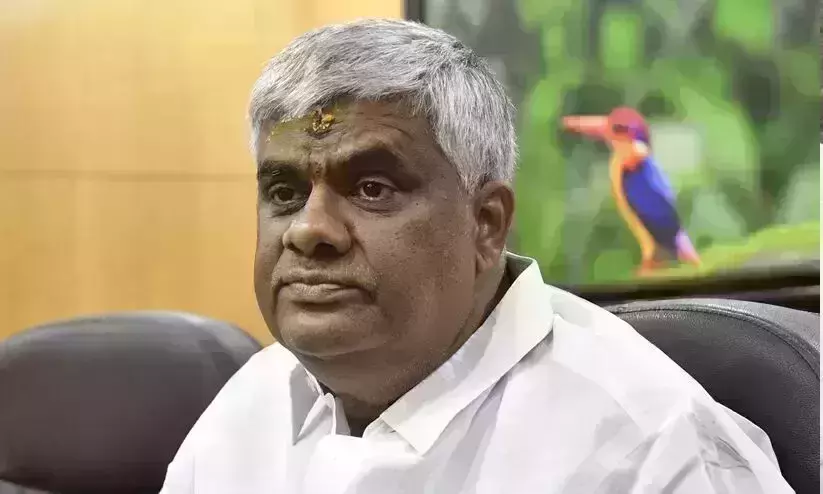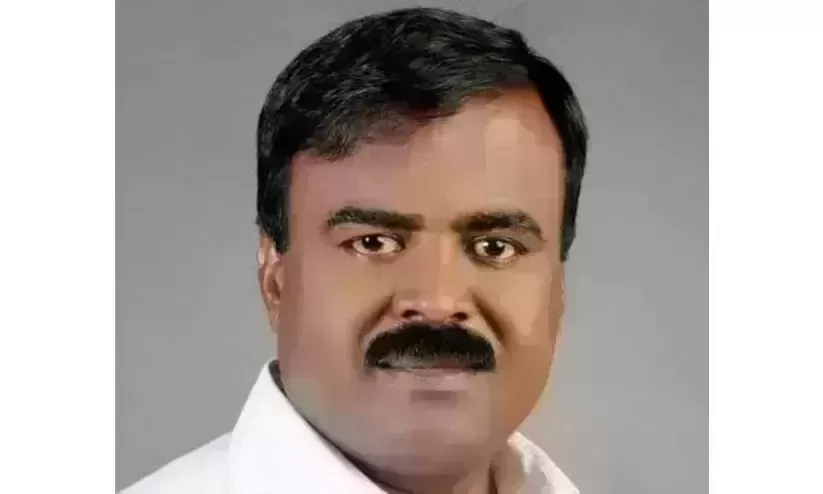
The Digital Personal Data Protection Bill: When the medicine becomes the disease
text_fieldsThe Digital Personal Data Protection Bill (DPDP Bill 2023) is becoming law amid controversy and concerns. Passed in Lok Sabha and Rajya Sabha, it will become law after receiving the President's approval. The Opposition had raised the point of order whether such important bills could be taken up and passed in the House while the Speaker admitted had the motion of no confidence for discussion in the Lok Sabha in the wake of the Manipur communal riots . But such democratic values and practices were naturally ignored by the government that has no ear for them and all the amendments brought by the opposition have been rejected and the bill passed without much debate.
It was at a time when data leaks were becoming a daily occurrence in the country that the issue whether privacy is a fundamental right came up before the Supreme Court. A historic judgement was passed that it is an inalienable fundamental right. The court also suggested that the government enact legislation to protect the privacy of individuals. In August 2017, the Ministry of Electronics and Information Technology appointed Justice B.N. Srikrishna Commission and a draft was submitted in July 2018. However, the Bill brought by the Centre in Parliament was in direct contradiction to the essence of the judgement in the Puttaswamy case that the right to privacy is a fundamental right. The contents of the bill submitted to the Parliament included the possibility of the negation of civil liberties which even Justice Srikrishna,who had made the recommendations, had to express concerns about. It had to be withdrawn by Communications and Information Minister Ashwini Vaishnav on August 3, 2022, following protests.
The objective of data protection legislation should be to prevent individuals' personal data from being used without their knowledge. Unfortunately, the new bill passed by the Lok Sabha and Rajya Sabha is designed in such a way as to compromise this protection. Many sections of the Act justify the criticism that the Centre did not address the concerns raised in the first instance. Under Section 36 of the Bill, journalists and media organisations are mandated to provide private data of citizens along with their sources to the government when asked. The Editors Guild of India itself has publicly criticised many of the provisions of the Bill as infringing on freedom of the press. The bill also empowers the government to intrude into personal data and at the same time withhold public data on matters related to national security, foreign governments, peacekeeping, etc. Not only do the citizens have no legal protection in matters where the government is also responsible, but the law passed by the Parliament makes it legally binding for individuals, voluntary organisations, and commercial organisations that collect data to provide the personal information of anyone to the central agencies when it asks for such data.
Further, Section 8(1)(j) of the Right to Information (RTI) Act, 2005 has been amended in its entirety to allow government officials to withhold and keep secret information on certain conditions. In other words, the Centre is effectively trying to weaken the RTI Act in the process in the name of privacy protection. All the same, this legislation gives the Centre broad powers of digital censorship and unlimited rights to keep data confidential. The power of the Data Protection Board which is envisaged to be set up to ensure that private information is protected, has also been criticised as liable to potential political abuse as it is appointed by the government. Civil courts do not have any power to interfere with or prohibit the proceedings of the Data Protection Board. The central government has the right to block internet platforms and impose fines according to its advice. Indeed, the government has succeeded in turning the bill, regardless of the several protections that it grants to the privacy of the citizen, also into a repressive tool of the state. And that in turn negates the essence of the dictum that the protection of the privacy of citizens is a fundamental right as determined by the Supreme Court.
























